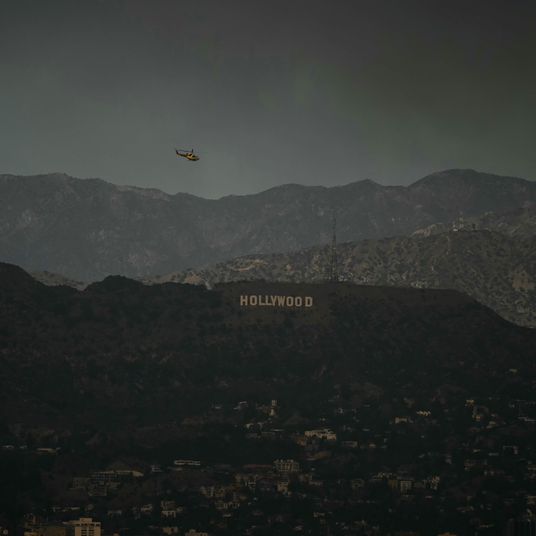On Tuesday, the British announced they were sending a crew of military advisers to help shore up Libya’s less than stolid rebel army. Ten U.K. officers and ten French officers from NATO will work with forces in Benghazi in an effort to expedite fighting in the region. But first, Libya’s rebels need to decide who’s in charge. “I control everybody, the rebels and the regular army forces,” said General Khalifa Hifter, who contends he leads forces over General Abdul Fattah Younes. He blames Younes for the string of embarrassing recent failures and retreats faced by the rebels in recent weeks. “All of what happened there resulted from the command of Abdul Fattah Younes,” he said. “That’s why I came back to take charge, and in the next couple days I will take charge of every unit, not one unit. I am getting ready to lead the forces from now on.” But Younes says he’s in charge of the military. “General Younes is over him, this is for sure, and General Hifter is under him,” claimed an official close to Younes.
The lack of order at the top is trickling down to problems on the front lines. “These guys are making a problem for us on the front because we don’t know who is in charge,” said Fawzi Bukatef, a petroleum engineer and fighter who has been training other civilians. “They are not coordinating with each other, and I don’t think they even like each other.” Adding to the strain between the two is their divergent paths: Khalifa Hifter is considered by many to be nothing more than a field commander who arrived late on the scene. Younes’s relationship to the rebels is more complicated: He was formerly Qaddafi’s interior minister, who defected to the rebel side in February. “Younes spent his whole life behind Qaddafi,” said an officer close to General Hifter.
But the lack of cohesion at the top doesn’t mean that the Brits and French are planning on sticking around for long, either. “Sending advisers for a limited purpose is probably within the terms of [United Nations] Resolution 1973, but it must not be seen as a first installment of further military deployment,” warned former British foreign affairs spokesman Sir Menzies Campbell.
As British Help Libyan Rebels, Aid Goes to a Divided Force [NYT]
British military officers to be sent to Libya [BBC]





























